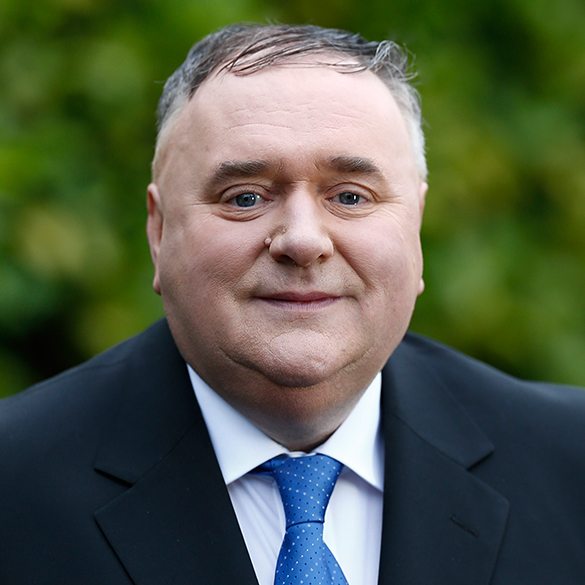
Fianna Fáil TD Eugene Murphy said that his party’s special Dáil debate on Dementia and Alzheimer’s puts the spotlight on the necessary supports and services to ensure that every person living with dementia has the best possible quality of care, and above all, quality of life.
The Fianna Fail Dáil debate on Dementia and Alzheimer’s took place yesterday (Wednesday).
Eugene Murphy said that this is an issue that impacts on so many lives, not just the lives of people living with dementia or Alzheimer’s, but also on the lives of their loved ones who care for them on a daily basis.
“A 2012 survey showed that Local Health Office areas in the HSE West have the highest prevalence rates with each of the nine areas estimated to have at least 1% of the population living with dementia. County Roscommon has the highest share of people with dementia at 1.40%. There are currently 55,000 people in Ireland living with dementia with a further 165,000 people directly affected by it.
“It is expected that one in three people aged over 65 will develop dementia, and that the number of people living with dementia will double in the next 20 years, and treble in the next 35 year.
“Fianna Fáil wants to see progressive increases in investment towards home care supports for people with dementia over the years ahead, so as to meet the needs of people currently living with dementia in the community. What we need are flexible, individual needs-led health and social care services.
“The majority (63%) of people with dementia live at home and most people living with dementia and their families want to have their care at home” added Eugene Murphy.
“We also want to see aspects of the Nursing Home Support Scheme to be examined for home care such as a standardised process for assessment, certainty of entitlement and centralised, multi-annual, ring-fenced funding. We need to make a strong, and united, stance in support of people living with dementia.
“Our population is ageing year on year. As a society, we need to prepare for the implications of an ageing country, and that means resourcing services, supporting carers, and investing in research,” said Deputy Murphy.

